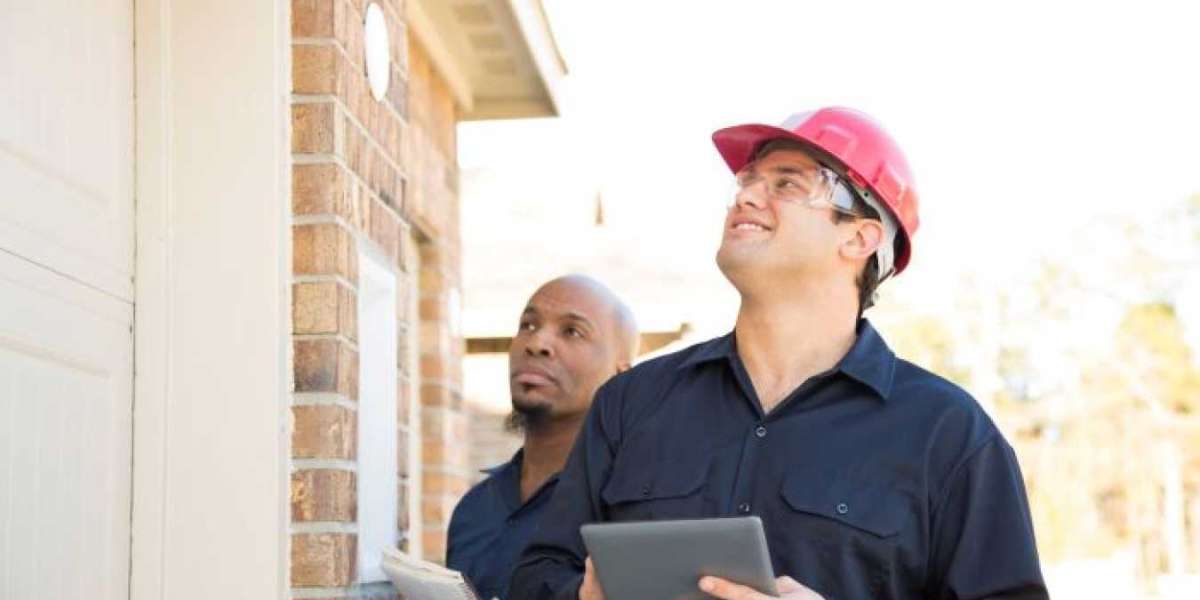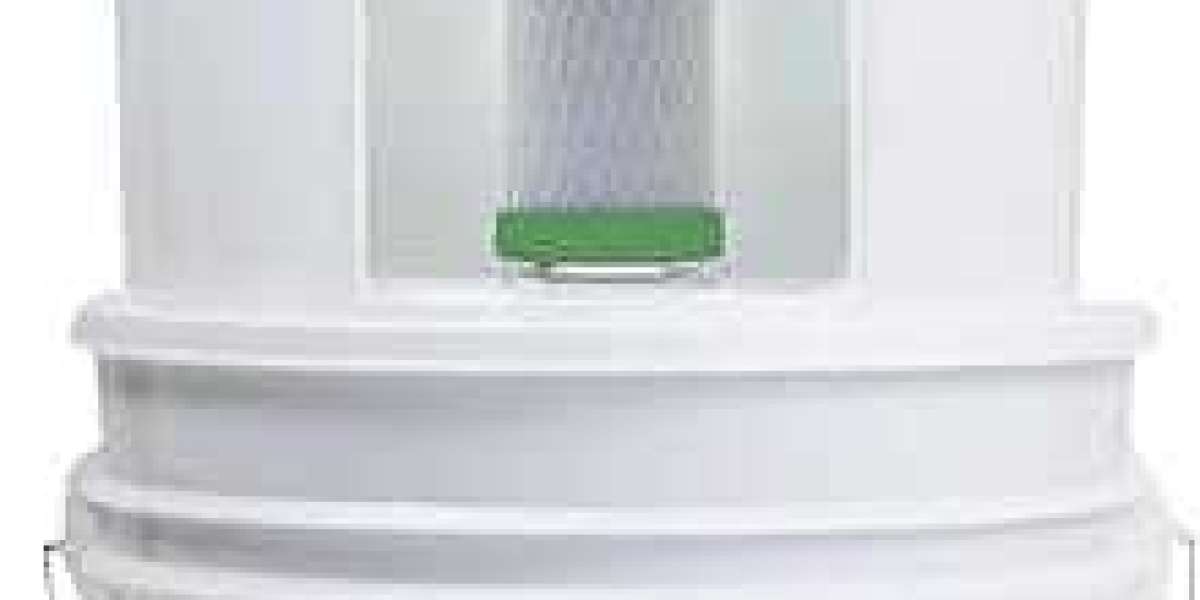You’ve just had an offer accepted on a beautiful Fort Myers home. The pool is inviting, the lanai is perfect for enjoying the sunset, and the open floor plan feels just right. The next step is to schedule a home inspection. You find a few options online—one is significantly cheaper and can come out tomorrow. The other is a bit more expensive, requires scheduling a few days out, and emphasizes their team of certified professionals. It’s tempting to go with the faster, cheaper option. What’s the real difference, anyway?
The difference could be tens of thousands of dollars, your family’s safety, and your ultimate peace of mind. In a real estate market like Fort Myers, where the subtropical climate and unique building styles present specific challenges, the qualifications of your home inspector are not a minor detail. They are the single most important factor in the entire inspection process. Understanding why certified home inspectors are the only logical choice can protect you from a potentially disastrous financial mistake.
The High Stakes of an Inadequate Inspection
A home inspection is meant to be a objective, in-depth evaluation of a property's condition. However, when conducted by someone without the proper training and credentials, it can provide a false sense of security. The risks of hiring an uncertified or underqualified inspector are severe and often hidden until it's too late.
The "Blind Spots" of an Uncertified Inspector: A general contractor or a handyman may have building experience, but they lack the systematic training of a certified inspector. They might be excellent at framing but miss subtle signs of a failing electrical panel. They could fix a leaky pipe but not recognize the tell-tale staining of chronic roof leaks in the attic. Without a standardized methodology, critical components of the home can be overlooked.
Missing Major, Costly Defects: Consider these Fort Myers-specific issues an untrained eye might miss:
- Subtle Storm Damage: A few lifted shingles from a past hurricane that could lead to a major leak during the next heavy rain.
- Hidden Moisture Intrusion: Behind that fresh coat of paint in a corner of the living room, there could be mold growing from a slow plumbing leak under the slab foundation.
- Outdated Aluminum Wiring: Common in older Florida homes, this is a significant fire hazard that requires identification and remediation.
- Inefficient or Failing HVAC: A system that’s on its last legs could mean a $7,000 - $15,000 replacement cost right after you move in.
An uncertified inspector might provide a basic overview, but a certified professional is trained to connect the dots and find the evidence of these hidden problems.
No Recourse for Errors: If an uncertified inspector misses a major defect, you have little to no recourse. Most certified inspectors carry Errors and Omissions (EO) insurance, which protects you in the event of a significant oversight in their report. An uninsured inspector offers no such protection, leaving you solely responsible for the cost of any repairs they failed to identify.
The Certified Difference: Training, Standards, and Accountability
So, what exactly does "certified" mean? It’s more than just a word on a business card. It signifies a commitment to a professional standard of education, practice, and ethics.
Rigorous Training and Ongoing Education
To become certified, inspectors must complete extensive training through recognized organizations like InterNACHI (International Association of Certified Home Inspectors) or ASHI (American Society of Home Inspectors). This isn't a quick online course. It involves in-depth learning on every major home system:
- Structural Components: From the foundation to the roof framing.
- Electrical Systems: Understanding modern safety standards and identifying hazardous conditions.
- Plumbing: Identifying pipe materials, potential leaks, and compliance issues.
- Roofing: Assessing the condition, drainage, and expected lifespan of various roofing materials.
- HVAC: Evaluating the operation and efficiency of heating and cooling systems.
Furthermore, certification requires ongoing education to stay current with the latest building codes, inspection techniques, and safety standards, which is crucial in a state with a dynamic building code like Florida.
Adherence to a Strict Standard of Practice
Certified inspectors don't just wing it. They follow a comprehensive Standards of Practice (SOP) that serves as a detailed checklist for the entire inspection. This SOP ensures consistency and thoroughness. It mandates what must be inspected and provides clear guidelines for reporting findings. This systematic approach eliminates the personal bias or selective vision that can plague an uncertified inspection.
Commitment to a Code of Ethics
Beyond technical skill, certification bodies enforce a strict code of ethics. This means the inspector has a fiduciary duty to you, the client—not the real estate agent, not the seller. They must remain objective and impartial, calling the issues as they see them without downplaying problems to ensure a sale goes through. This ethical commitment is your guarantee of an honest, unbiased assessment.
The Tangible Benefits of Hiring a Certified Professional
The value of hiring a certified inspector translates directly into financial savings, safety, and confidence.
Informed Negotiating Power: The detailed report from a certified inspector is your most powerful negotiating tool. It moves the conversation from "I think the AC is old" to "The inspection report confirms the HVAC system is 18 years old, at the end of its useful life, and shows signs of refrigerant leakage." This objective, professional documentation gives you the leverage to request a significant price reduction, a repair credit from the seller, or for the seller to make the repairs before closing.
Accurate Budgeting for the Future: A certified inspector doesn't just list problems; they help you understand the timeline and priority of future maintenance. Their report will tell you the roof has approximately 5-7 years of remaining life, or that the water heater is likely to need replacement within two years. This allows you to plan your finances accordingly, avoiding sudden, budget-breaking surprises.
Safety and Peace of Mind: This is perhaps the most important benefit. A certified inspector is trained to identify safety hazards that could endanger your family. These include:
- Electrical Hazards: Like double-tapped breakers or an outdated Federal Pacific panel.
- Gas Leaks: In homes with natural gas appliances.
- Structural Issues: Such as compromised roof trusses or foundation cracks.
- Carbon Monoxide Risks: From poorly vented fuel-burning appliances.
Knowing that a trained professional has scrutinized the home for these dangers provides an invaluable sense of security when you and your family move in.
Confidence in Your Investment: Buying a home is one of the largest financial decisions you will ever make. A Fort Myers home inspections FL conducted by a certified professional ensures you are making this decision with your eyes wide open. You will know the true condition of the property, empowering you to move forward with confidence or walk away from a potential money pit without regret.
In the vibrant and sometimes challenging real estate environment of Southwest Florida, cutting corners on a home inspection is a risk you simply cannot afford to take. The choice between a cheap inspector and a certified one is the choice between a guess and a guarantee. By investing in a certified professional, you are not just paying for a report—you are paying for expertise, accountability, and the profound peace of mind that comes from knowing your new home has been vetted to the highest standard.



